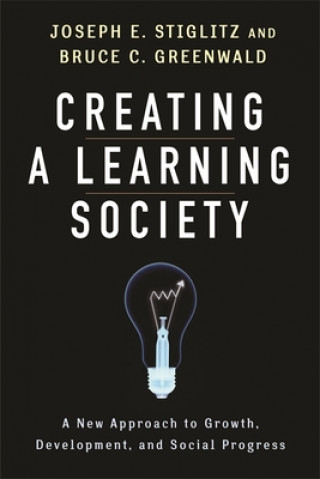
Kod: 02467718
Creating a Learning Society
Autor Joseph E. Stiglitz
It has long been recognized that most standard of living increases are associated with advances in technology, not the accumulation of capital. Yet it has also become clear that what truly separates developed from less developed c ... więcej
- Język:
 Angielski
Angielski - Oprawa: Twarda
- Liczba stron: 680
Wydawca: Columbia University Press, 2014
- Więcej informacji o książce

145.96 zł
Zwykle: 153.77 zł
Oszczędzasz 7.81 zł

Dostępna u dostawcy
Wysyłamy za 14 - 18 dni
Zobacz książki o podobnej tematyce
-

Can't Hurt Me
98.62 zł -11 % -

Numicon: 100 Square Baseboard
34.28 zł -

Why Nations Fail
35.29 zł -31 % -
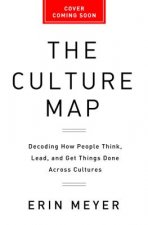
The Culture Map
126.13 zł -4 % -

Star Wars Padawan
73.93 zł -15 % -

Numicon: Box of 80 Numicon Shapes (Grey)
227.89 zł -

Doing Good Better
52.19 zł -23 % -

OCA Java SE 8 Programmer I Exam Guide (Exams 1Z0-808)
239.93 zł -11 % -

Cure
52.19 zł -23 % -

Insight: Pre-intermediate Workbook
46.32 zł -21 % -

Python Cookbook
258.75 zł -11 % -

Bottom Billion
54.51 zł -23 % -
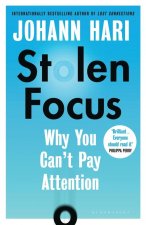
Stolen Focus
93.56 zł -23 % -

Kubrick, Stanley
66.15 zł -

Stanley Kubrick
126.13 zł -4 % -

Fair Trade For All
118.54 zł -

Mythical Trickster Figures
227.18 zł -
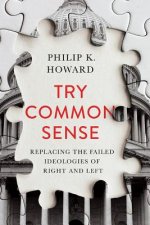
Try Common Sense - Replacing the Failed Ideologies of Right and Left
116.82 zł -7 % -

Humans Need Not Apply
94.98 zł -5 % -

Freefall
105.19 zł -9 % -
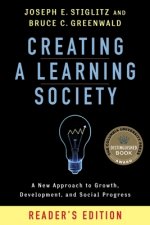
Creating a Learning Society
102.05 zł -4 %
Podaruj tę książkę jeszcze dziś
- Zamów książkę i wybierz "Wyślij jako prezent".
- Natychmiast wyślemy Ci bon podarunkowy, który możesz przekazać adresatowi prezentu.
- Książka zostanie wysłana do adresata, a Ty o nic nie musisz się martwić.
Więcej informacji o Creating a Learning Society
Za ten zakup dostaniesz 85 punkty
 Opis
Opis
It has long been recognized that most standard of living increases are associated with advances in technology, not the accumulation of capital. Yet it has also become clear that what truly separates developed from less developed countries is not just a gap in resources or output but a gap in knowledge. In fact, the pace at which developing countries grow is largely determined by the pace at which they close that gap. Therefore, how countries learn and become more productive is key to understanding how they grow and develop, especially over the long term. In Creating a Learning Society, Joseph E. Stiglitz and Bruce C. Greenwald spell out the implications of this insight for both economic theory and policy. Taking as a starting point Kenneth J. Arrow's 1962 paper "Learning by Doing," they explain why the production of knowledge differs from that of other goods and why market economies alone are typically not efficient in the production and transmission of knowledge. Closing knowledge gaps, or helping laggards learn, is central to growth and development. Combining technical economic analysis with accessible prose, Stiglitz and Greenwald provide new models of "endogenous growth," upending the received thinking about global policy and trade regimes. They show how well-designed government trade and industrial policies can help create a learning society; explain how poorly designed intellectual property regimes can retard learning; demonstrate how virtually every government policy has effects, both positive and negative, on learning; and they argue that policymakers need to be cognizant of these effects. They provocatively show why many standard policy prescriptions, especially associated with "neoliberal" doctrines focusing on static resource allocations, impede learning and explain why free trade may lead to stagnation, while broad based industrial protection and exchange rate interventions may bring benefits, not just to the industrial sector, but to the entire economy. The volume concludes with brief commentaries from Philippe Aghion and Michael Woodford, as well as from Nobel Laureates Kenneth J. Arrow and Robert M. Solow.
 Szczegóły książki
Szczegóły książki
Kategoria Książki po angielsku Reference, information & interdisciplinary subjects Interdisciplinary studies Development studies
145.96 zł
- Pełny tytuł: Creating a Learning Society
- Autor: Joseph E. Stiglitz
- Język:
 Angielski
Angielski - Oprawa: Twarda
- Liczba stron: 680
- EAN: 9780231152143
- ISBN: 0231152140
- ID: 02467718
- Wydawca: Columbia University Press
- Waga: 1084 g
- Wymiary: 235 × 163 × 45 mm
- Data wydania: 24. June 2014
Ulubione w innej kategorii
-
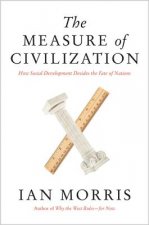
Measure of Civilization
118.44 zł -

Leading the Sustainable Organization
283.93 zł -

Development: A Very Short Introduction
42.88 zł -23 % -

Challenge for Africa
52.19 zł -23 % -

Agroecology
198.56 zł -5 % -
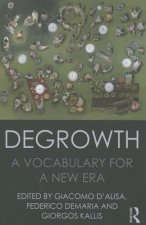
Degrowth
271.49 zł -

Economic Development
71 zł -5 % -

Silenced Rivers
337.14 zł -

Emerging Africa
52.19 zł -23 % -

Regenerative Design for Sustainable Development
441.83 zł -
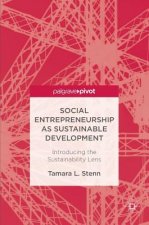
Social Entrepreneurship as Sustainable Development
377.30 zł -

Museums, Heritage and International Development
974.11 zł -

Development Theory
200.68 zł -9 % -

Oxford Handbook of Economic Inequality
314.38 zł -

Socio-Economic Development
339.06 zł -

Mediatized China-Africa Relations
566.96 zł -

Social and Solidarity Economy
460.75 zł -10 % -

Food Security, Nutrition and Sustainability
287.17 zł -

Collaboration for Sustainability and Innovation: A Role For Sustainability Driven by the Global South?
566.96 zł -
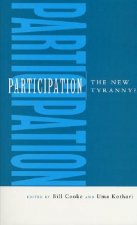
Participation
232.85 zł -
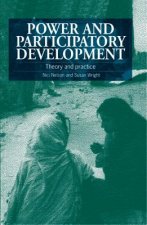
Power and Participatory Development
159.82 zł -
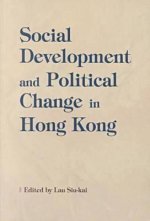
Social Development and Political Change in Hong Kong
186.82 zł -

Designing and Building Mini and Micro Hydro Power Schemes
262.18 zł -

Hornblower's Historical Shipmates
219.60 zł -

Colombia
219.60 zł -

Building with Lime Stabilized Soil
504.75 zł -

After the Conflict
281 zł -
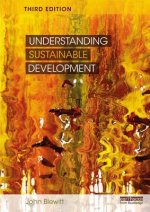
Understanding Sustainable Development
242.05 zł -

Regional Governance and Policy-Making in South America
363.34 zł -

Cuba and Its Neighbours
172.76 zł -
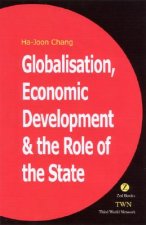
Globalisation, Economic Development & the Role of the State
241.85 zł -

Food, National Identity and Nationalism
458.53 zł -

New Scramble for Africa 2e
404.20 zł -

Is Good Governance Good for Development?
298.72 zł -

Why Doesn't Microfinance Work?
188.95 zł -
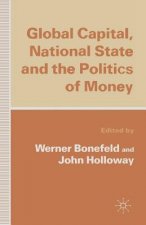
Global Capital, National State and the Politics of Money
566.96 zł -

Economic Analysis of Environmental Impacts
319.94 zł -

Action and Knowledge
370.42 zł -

Records of Oman 1867-1960 12 Volume Hardback Set Including Map Box
20048.30 zł -14 % -

Theories and Practices of Development
223.95 zł -

Theories of Development
300.82 zł -

Oxford Handbook of Global Studies
880.75 zł -

Companion to Development Studies
733.46 zł -
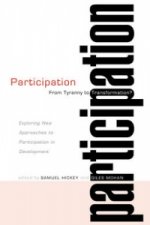
Participation
265.82 zł -

Manual of Building Construction
347.86 zł -

Senegal
88.80 zł -

Sustainable Governance of Wildlife and Community-Based Natural Resource Management
287.17 zł -

Law and Justice for Development
233.39 zł -

Partnerships to Improve Access and Quality of Public Transport - A case report: Dar es Salaam, Tanzania
106.91 zł
zadowolonych klientów
Od roku 2008 obsłużyliśmy wielu miłośników książek, ale dla nas każdy był tym wyjątkowym.
Copyright! ©2008-24 libristo.pl Wszelkie prawa zastrzeżonePrywatnieCookies


 21 milionów książek
21 milionów książek Dostawa 10.99 zł
Dostawa 10.99 zł (32) 444 93 66 (8-15.30h)
(32) 444 93 66 (8-15.30h)